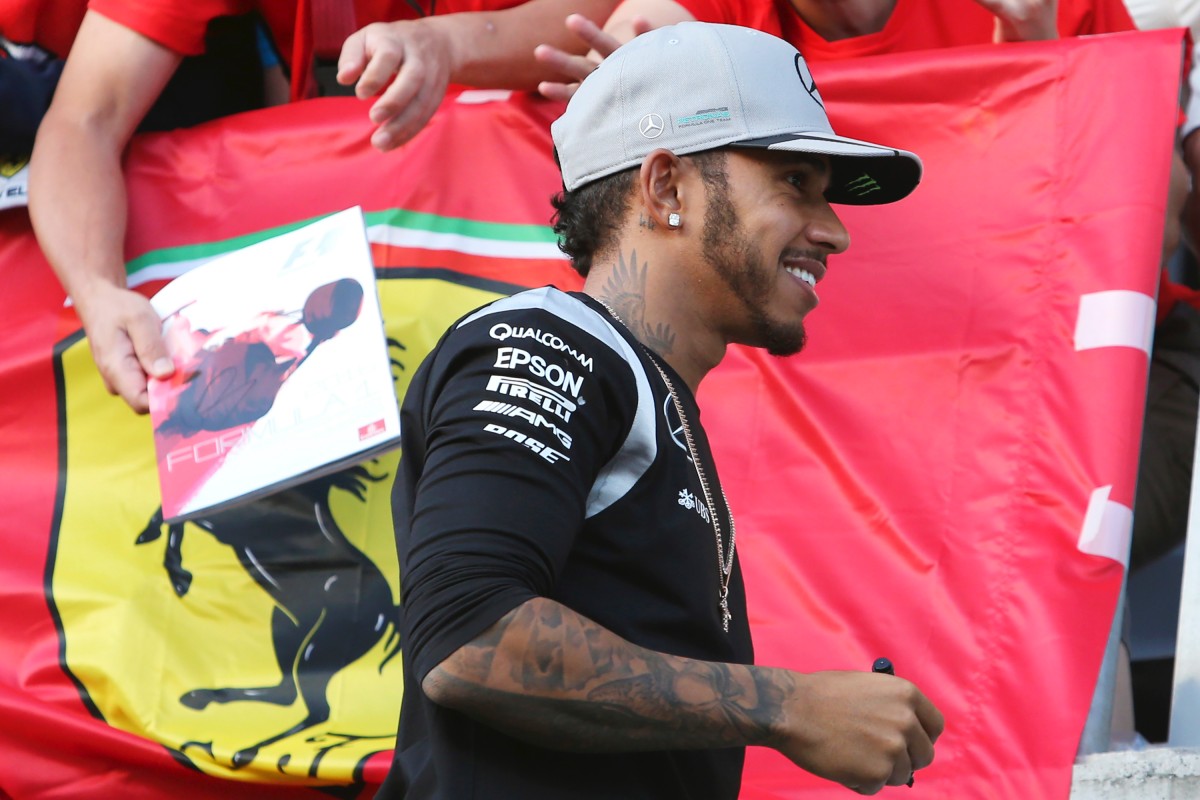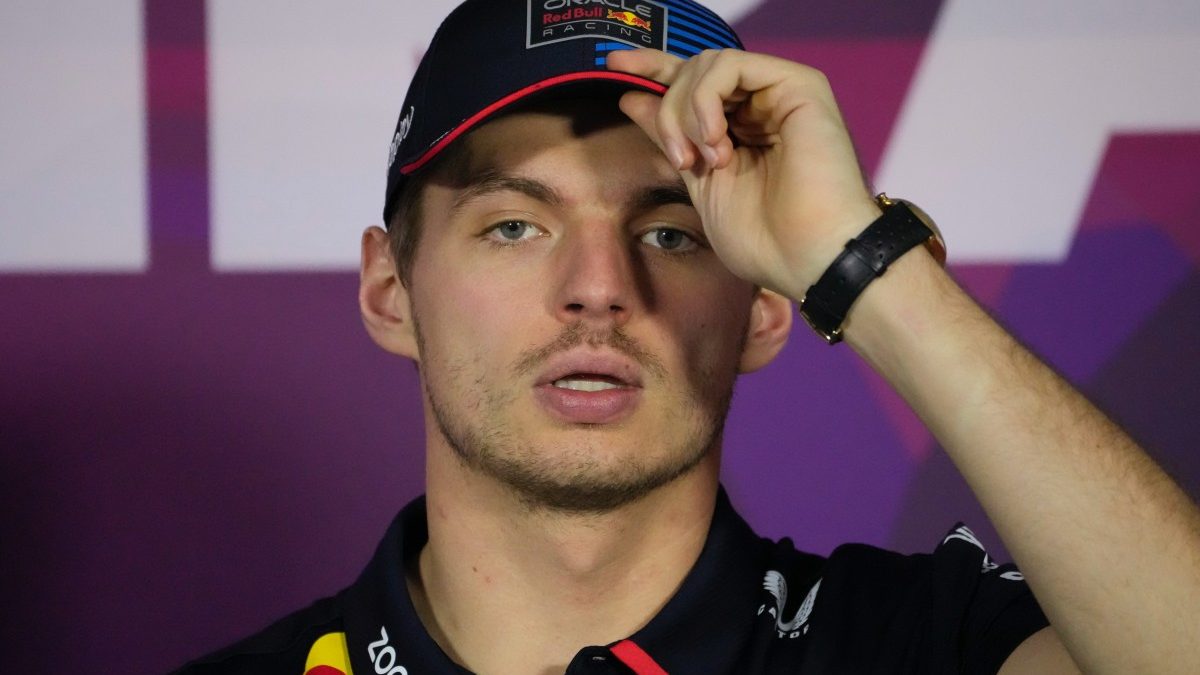Nico Rosberg’s dream start to the 2016 Formula One Season continued in Bahrain as he claimed his second consecutive win of the season. The Mercedes driver leads the Drivers’ Championship with a perfect 50 points and crucially, 17 points ahead of his World Champion team-mate Lewis Hamilton.
While Rosberg’s race form has to be complimented, he still hasn’t managed to edge out Hamilton in key sessions. In Saturday’s qualifying, Hamilton clinched his 51st pole despite not topping any of the free practice sessions. In the race too, it was Hamilton’s bad start that aided Rosberg’s get-away. One could argue that Rosberg’s making the most of his luck, but can a World Championship be won on luck alone?
Rosberg’s World Championship challenge received a boost on the opening lap of the race when he out-started Hamilton and Raikkonen and his nearest non-Mercedes rival Vettel ‘did not start’ due to a rare Ferrari engine failure. This was the second race in succession where Hamilton lost the lead at the start and Ferrari suffered from reliability gremlins. Is Hamilton unable to adjust to the newly introduced single-clutch system? And is Ferrari pushing their development plan at the cost of reliability? Either way, it makes for some entertaining viewing for the fans so far.
The other notable performances in Bahrain were that of Haas’ Romain Grosjean, who bettered his team’s debut finish of P6 by finishing in P5, Mclaren-Honda’s Stoffel Vandoorne (who stepped in to replace the recovering Fernando Alonso), who not only out-qualified his World Champion team-mate Jenson Button but also scored points on his Formula One debut. Lastly, Manor’s Pascal Wehrlein, who finished P13, well ahead of both Force Indias and a Sauber. The American-funded Haas F1 Team is off to a dream start – they’ve scored 18 points in two races whereas former World Champions Mclaren have scored only 11 points in 11 races.
Formula One’s fluke introduction of three tyre compounds per race seems to be the sport’s biggest savior this season. The racing on Sunday seems to have fallen in place - although a critic could argue that tyre strategies are increasingly complex to follow. But if one would compare this complexity with fuel strategy that the sport offered in the past, the option of tyre strategy seems far more open and simple to follow given that fans have knowledge of tyre compounds and their performance. When it came to following fuel strategy, the ‘fuel level’ was almost always a guess.
The qualifying fiasco continued in Bahrain as the sport refused to revert back to the old (2015) format or attempt a hybrid format. The power struggle of Formula One is impacting the sport at the product level and it’s a common belief that Formula One takes its position as the pinnacle of Motorsport for granted. It seems that the stalemate will continue as the organisers have ruled out reverting to the old system and have instead offered (or forced?) the team two options. First, sticking to the existing elimination based system and second, an aggregate qualifying system.
If one was to revisit the objective of tinkering the qualifying format, it is to have a mixed starting grid on Sunday that would hopefully offer an interesting race. Basically, the system relies on faster cars making mistakes, starting in positions lower than they otherwise should, use DRS and sound tyre strategy to fight their way up the field. But would all of this be necessary if cars were able to race each other properly in the first place? Formula One should but won’t re-think its over-dependence on aerodynamics.
Formula One is keen on pushing its track-to-road agenda as it innovates on the new technologies to introduce in the sport on a regular basis. This is to keep the fans interested and the teams invested by keeping the sport relevant to their businesses (more so the manufacturer teams). On that note, it’s worth pondering over the match or mis-match of the just-announced Tesla Model 3.
Maybe, Formula One has overstated its importance in pushing forward the technological ideology in the world of automobiles.


)




)
)
)
)
)
)
)
)